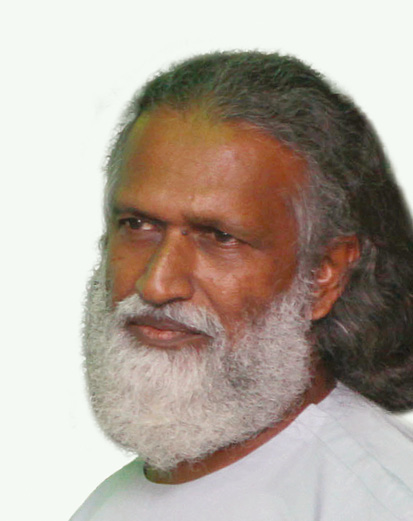FOREWORD
Bound for Sustainability
Vidya Jyothi Prof. Sarath Kotagama recalls the journey that triggered the global call to action

Environmental sustainability became a topic of significance following the Earth Summit held in Rio de Janeiro in 1992. The fruits of the summit came in the form of the Rio Declaration on Environment and Development, the Forest Principles and Agenda 21.
Moreover, the Convention on Biological Diversity and UN Framework Convention on Climate Change (UNFC) came into existence too.
The Sustainable Development Goals (SDGs) that the United Nations recommends countries should achieve by 2030 were formed on the basis of the foundation set by Agenda 21. A recap of the point of origin is essential to glean an understanding of the relevance of sustainability and sustainable development in an environmental context.
Pollution was a major concern in the early 1970s. Environmentalists and biologists such as Rachel Carlson came forward to share their views on the applications and dangers of harmful chemicals on the environment.
It was a period when the legislature that prevented the dumping of toxic smoke and waste in water channels and emissions was yet to be determined. Former US Senator Gaylord Nelson assigned 22 April 1970 as the maiden Earth Day with the hope of bringing attention to the issue.
Approximately 20 million Americans pledged their allegiance to the cause and by December of the same year, Congress authorised the creation of the US Environmental Protection Agency (EPA) to oversee challenges faced by the environment.
 Fast forward to 1972 to the UN Conference on Human Environment held in Stockholm, when former Prime Minister of India Indira Gandhi pointed out that the root cause for the environmental issues prevailing in developing nations can be attributed to poverty. She suggested that developed nations should help alleviate the predicament.
Fast forward to 1972 to the UN Conference on Human Environment held in Stockholm, when former Prime Minister of India Indira Gandhi pointed out that the root cause for the environmental issues prevailing in developing nations can be attributed to poverty. She suggested that developed nations should help alleviate the predicament.
The conference marked a turning point in history as it was the instance that spurred many of the environmental development programmes that continue to this day. An action plan that encouraged developed nations to assist developing nations was put in place.
A decade down the line, the UN gathered in Nairobi to address the burning issue of the period – i.e. human development and the environment.
It was noted that environmental concerns thought to be isolated to developing nations had begun to be observed in developed nations in the interim. Given these developments, it was decided that the previously proposed action plan needed to be consolidated.
The Nairobi Declaration instated a special commission that was tasked with evaluating the miscalculations of the previous action plan and recommending suitable fixes to solidify the solution.
Subsequently, the concept of sustainability began to take into consideration the development aspects that accompany it.
Given this, the redefined concept of sustainable development dictates that countries should meet the needs of their people by making provisions for means to fulfil the aspirations of those who are yet to be born.
Vidya Jyothi Prof. Sarath Kotagama is an ornithologist and environmentalist




